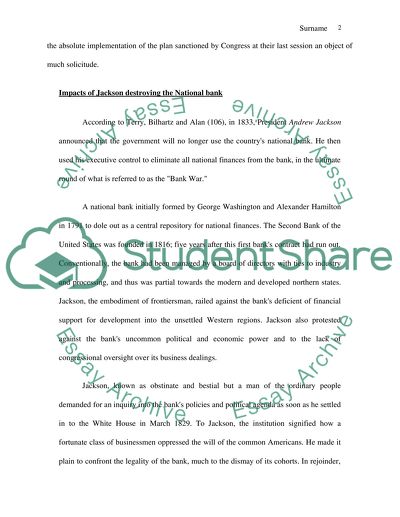Cite this document
(“Reasons for Jackson's Implementation of the Indian Solution Term Paper”, n.d.)
Reasons for Jackson's Implementation of the Indian Solution Term Paper. Retrieved from https://studentshare.org/history/1454533-segment
Reasons for Jackson's Implementation of the Indian Solution Term Paper. Retrieved from https://studentshare.org/history/1454533-segment
(Reasons for Jackson'S Implementation of the Indian Solution Term Paper)
Reasons for Jackson'S Implementation of the Indian Solution Term Paper. https://studentshare.org/history/1454533-segment.
Reasons for Jackson'S Implementation of the Indian Solution Term Paper. https://studentshare.org/history/1454533-segment.
“Reasons for Jackson'S Implementation of the Indian Solution Term Paper”, n.d. https://studentshare.org/history/1454533-segment.


